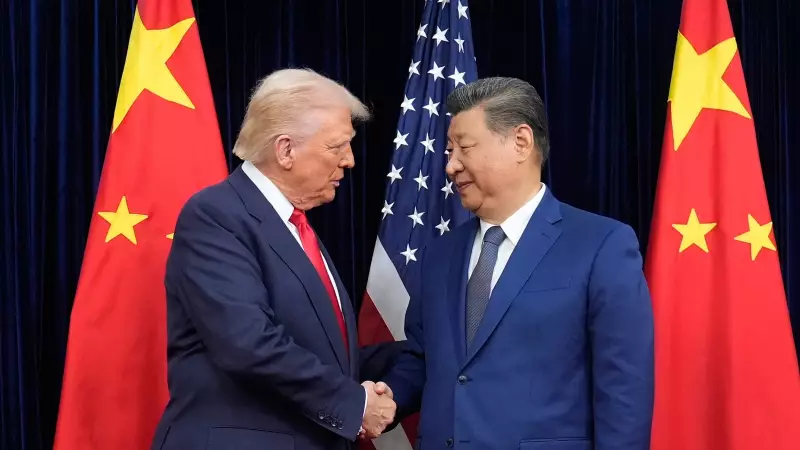
In a significant diplomatic breakthrough that could reshape global economic dynamics, former US President Donald Trump and Chinese leader Xi Jinping have reached a crucial understanding on trade matters during their recent high-stakes meeting.
Breaking the Trade War Deadlock
The much-anticipated encounter between the two global leaders yielded substantial progress toward resolving the longstanding trade disputes that have rattled international markets for years. Both sides demonstrated unexpected flexibility, with Trump agreeing to reconsider certain tariff impositions while Xi offered meaningful concessions on market access.
Key Outcomes of the Summit
The bilateral talks, characterized by what observers called "surprisingly constructive dialogue," produced several important developments:
- Mutual agreement to pause further escalation of trade restrictions
- Commitment to establish working groups for ongoing negotiations
- Understanding on intellectual property protection frameworks
- Preliminary consensus on agricultural and technology trade terms
Economic Implications
This diplomatic thaw comes as a welcome relief to businesses and investors worldwide who have been navigating the uncertainties of US-China trade tensions. The breakthrough suggests both economic superpowers recognize the mutual benefits of cooperation over confrontation.
Market analysts immediately responded positively to the news, with early indicators showing improved sentiment across Asian and European markets. The détente could potentially stimulate global economic growth by reducing trade barriers and restoring confidence among multinational corporations.
Path Forward
While the agreement represents a crucial first step, both leaders acknowledged that substantial work remains to formalize the terms and implement the understandings reached. The establishment of technical committees signals a commitment to translating this political agreement into actionable economic policies.
The successful meeting demonstrates that despite political differences and competing national interests, constructive dialogue between the world's two largest economies remains possible and potentially profitable for both nations and the global community at large.





